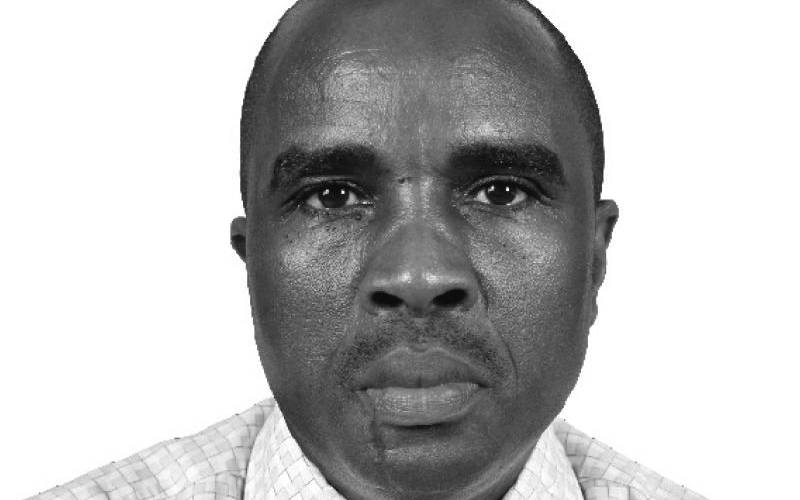×
The Standard e-Paper
Join Thousands Daily

In 2019, Brain Ameche, award winning American author Amy Bloom’s husband, was diagnosed with Alzheimer’s disease, at only 66. Determined not to go through the horrors of loss of memory, cognition and all ills that accompany this debilitating illness, Brian, within 48 hours of diagnosis, opted for assisted suicide.